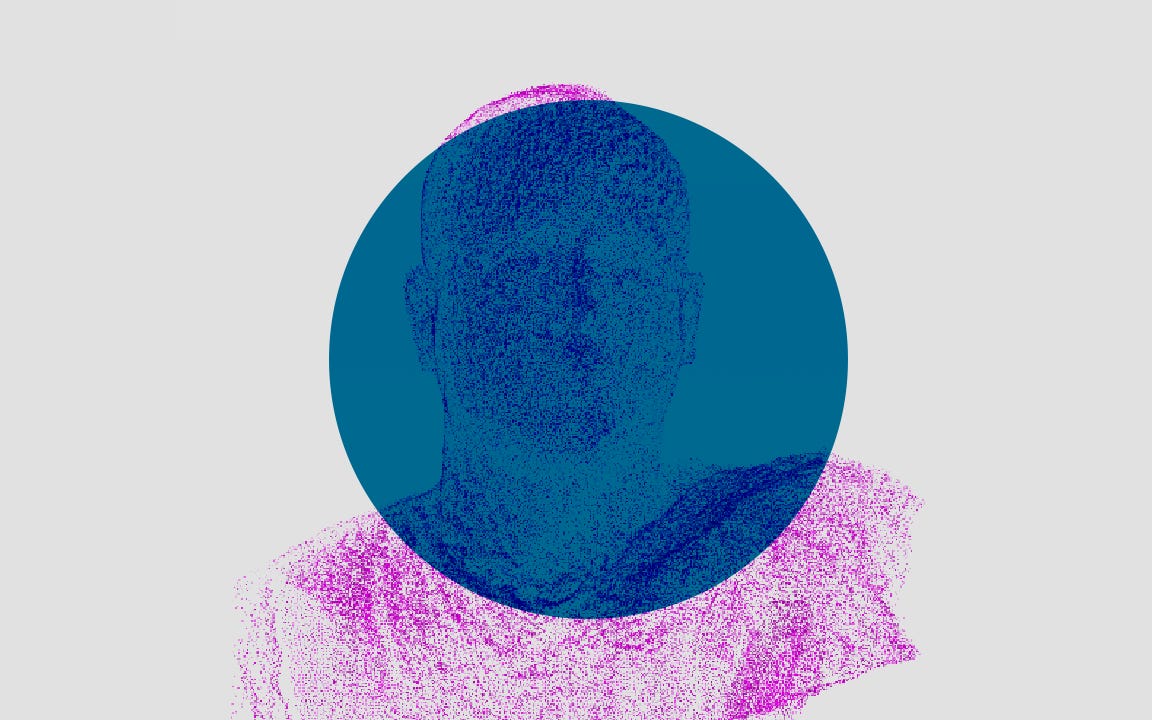A Reflection on Otherness
The Paradox of Separateness in a World That Desperately Needs Reconciliation

“The plain fact is that the planet does not need more successful people. But it does desperately need more peacemakers, healers, restorers, storytellers, and lovers of every kind. It needs people who live well in their places. It needs people of moral courage willing to join the fight to make the world habitable and humane. And these qualities have little to do with success as we have defined it.” – David W. Orr
A few weeks ago, my wife and I were sitting in the backyard visiting with some friends of ours. The notion of otherness came up – specifically in regard to my motivations for standing up this newsletter as a channel of self expression and to explore ideas that don’t have an immediately apparent place to live. As I was reflecting on why I thought otherness was something to be acknowledged and celebrated, our friend Freya gently challenged me. I don’t remember exactly what she said, or how she said it, but the sentiment stuck with me – what does universal inclusivity mean in otherness?
My initial thought was “I don’t care. I’m not trying to cultivate ‘universal’ inclusivity, I’m trying to cultivate inclusivity, affirmation, and belonging for heretics and unconventionals.” Though Freya’s challenge stuck with me, as the message of prophets often do. A week later I began reading The Ascent of Humanity by Charles Eisenstein, and read the following:
“The root and epitome of separation is the discrete, isolated self of modern perception: the “I am” of Descartes, the “economic man” of Adam Smith, the individual phenotype of Darwinian competition for resources, the skin-encapsulated ego of Alan Watts. It is a self conditionally dependent on, but fundamentally separate from, the Other: from nature and other people. Seeing ourselves as discrete and separate beings, we naturally seek to manipulate the not-self to our best advantage. Technology in particular is predicated on some kind of individuation or conceptual separation from the environment, because it takes the physical world as its object of manipulation and control. Technology, in effect, says, “Let us make the world better.” If, […] our self-conception as discrete and separate beings is an illusion, then the whole ascent of humanity, the species of culture and technology, is based on an illusion as well. That is why the implications of our present reconceiving of ourselves are so profound, promising no less than a radical redefinition of what it is to be human, how we relate to one another, and how we relate to the world.” – Charles Eisenstein, The Ascent of Humanity [emphasis mine]
I paused, put the book down, and sat while the thought washed over me.
I had grown up as an outsider, shamed for the ways I was different – creative, rebellious, independent, stubborn, contrarian, and never really ‘in on the joke.’ As an adult, through a lot of hard and introspective work, I came to appreciate and affirm my differences and see them as strengths; I came to terms with and celebrated being an other. But now, I was seeing my otherness, something I’ve invested in, as a foggy and insufficient lens for making sense of myself and the world. Could I, in perpetuating otherness even as a virtue, be perpetuating a system that profits from fragmentation, tribalism, and disunity? The racism we are dealing with today is rooted in hundreds of years of otherness; for centuries human beings looked at another human and thought “You’re not like me. You’re not human. You’re other.” Climate change, likewise, is the outcome of a society who understands itself as separate from the natural order; we have bought into the myth that our prosperity stands alone and is not tied to the prosperity of the other – mother nature. The otherness of God has spawned countless dogmas of shame, control, division, and abuse.
Yet where would we be without the artists, thinkers, and entrepreneurs who, throughout history, made first contact with a richer reality, and spent their life’s work making that reality known to the rest of the world? The scientists who were declared heretics, the female authors who had to write under male pseudonyms, the artists who lived in squalor, the civil rights champions who marched for equal rights under threat of death, the entrepreneurs who committed to audacious ideas in the face of torrential head winds – we need prophets who help us to see what the majority of us are blind to. Florence Nightingale. Ada Lovelace. Walt Disney. Albert Einstein. James Baldwin. Maya Angelou. Harvey Milk. Others have played a pivotal role in plumbing the depths of meaning, advancing our conceptions of what it is to be human, creating systems and structures that catalyze equity, and imagining ways in which the impossible becomes possible. Those on the front lines of social reconciliation and ecological restoration are others, people whose hearts are discontent with what is and sensitive to what could be. It is, in fact, their otherness that equips them as agents of reconciliation, of restoration, of reunion.
Otherness is a complex, paradoxical, messy notion. Otherness as diversity and self determination it is a well of beauty, truth, and goodness. Otherness as tribalism and separateness is destructive to us socially, ecologically, and spiritually. Otherness can be channeled as a force to usher a new and emerging human consciousness. It can also be a nefarious lie. In the particular it can stratify, in the universal it can unify.
This is the paradox and the tension we will continue to explore here. How might we, in the words of the Franciscan mystic Richard Rohr “transcend and include?” How might we question and interrogate our own presuppositions regarding truth, beauty, and goodness? How might we ‘radically redefine’ what it is to be human? And maybe, just maybe, how might that journey of redefinition transform the ways we relate to each other and the world around us?



